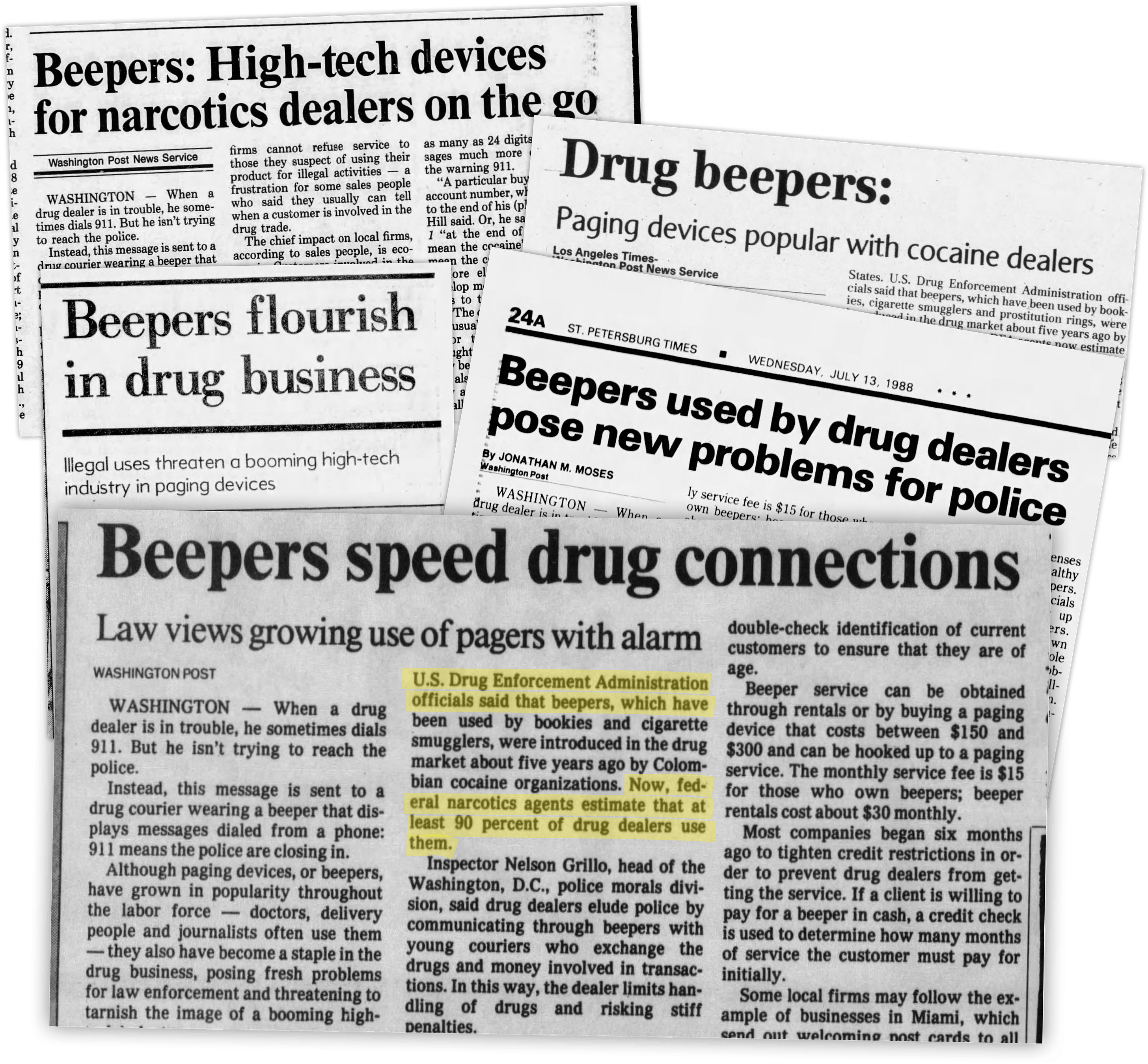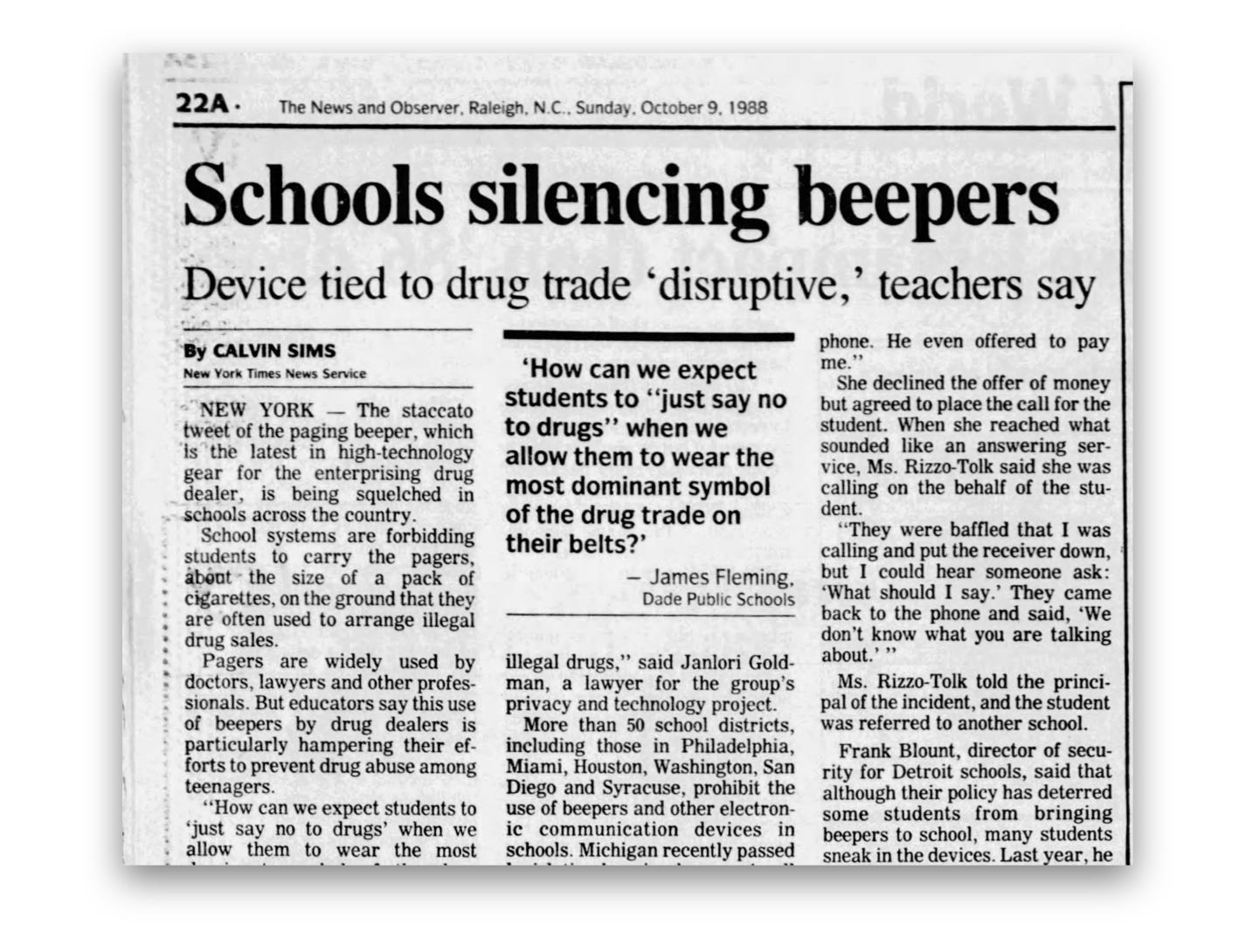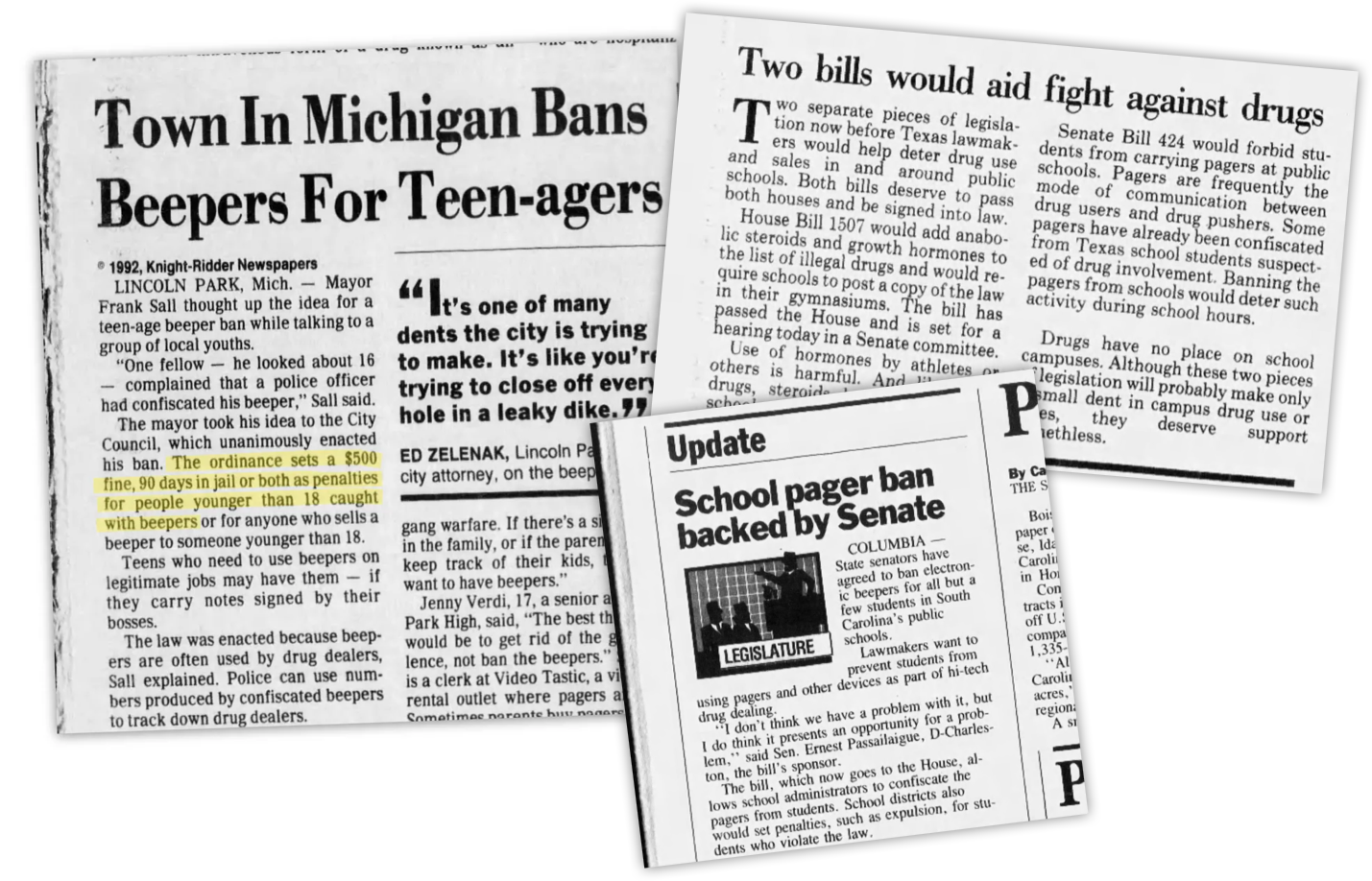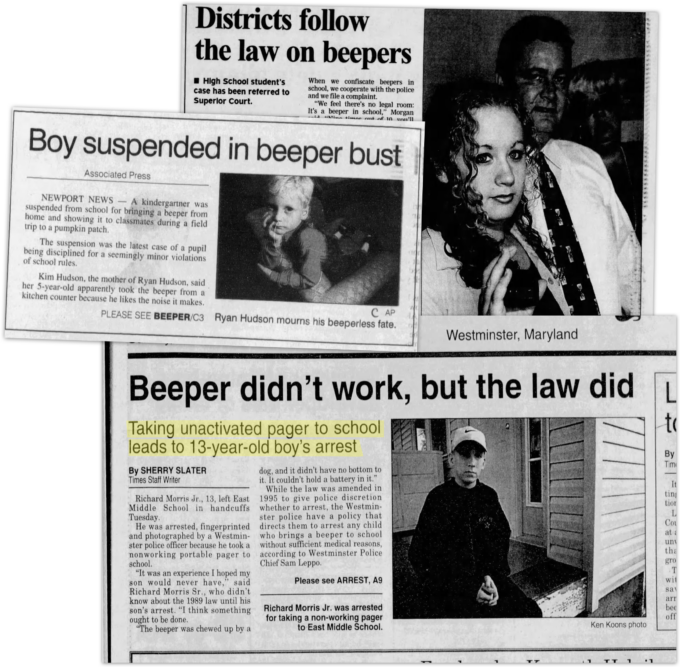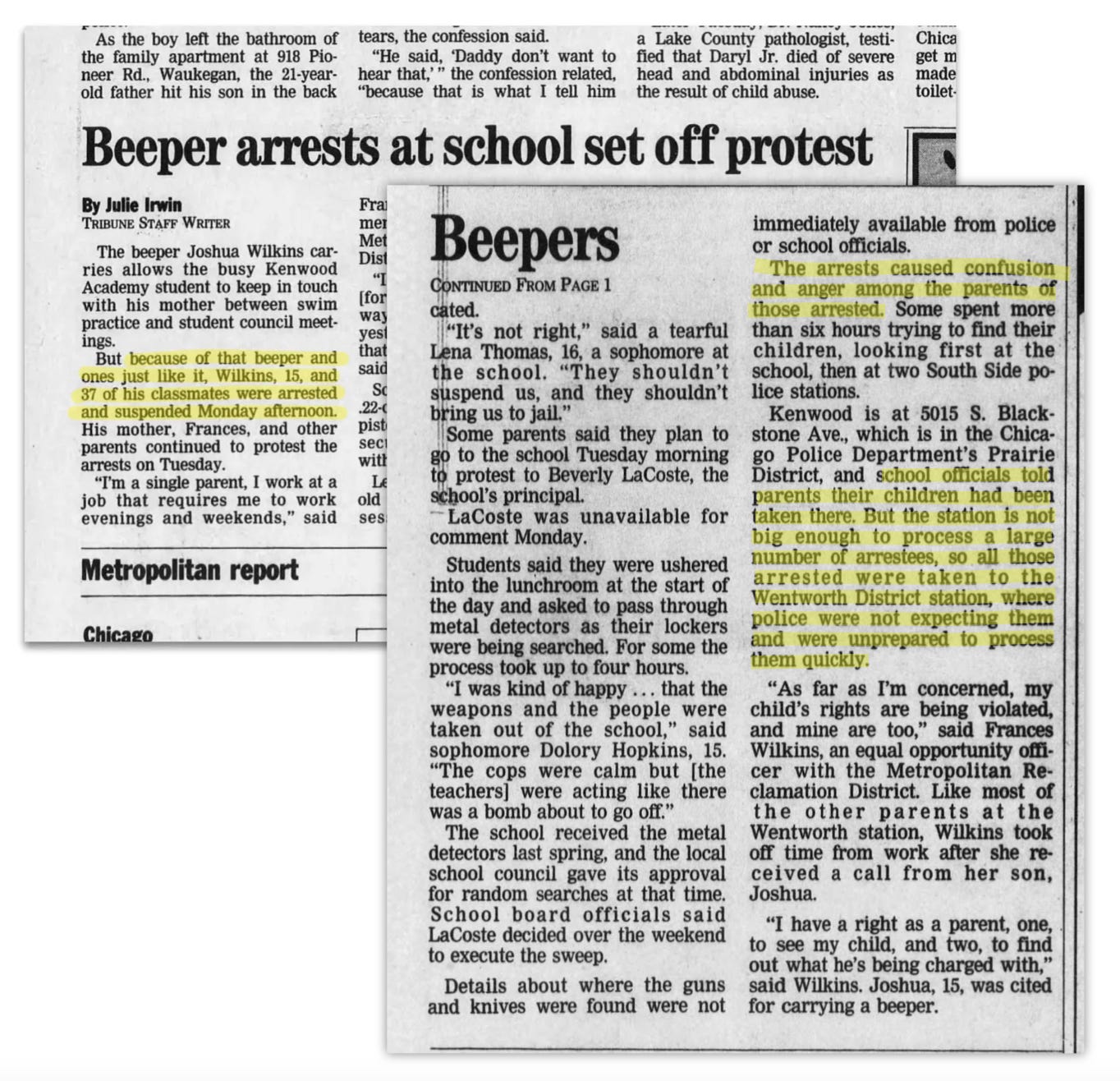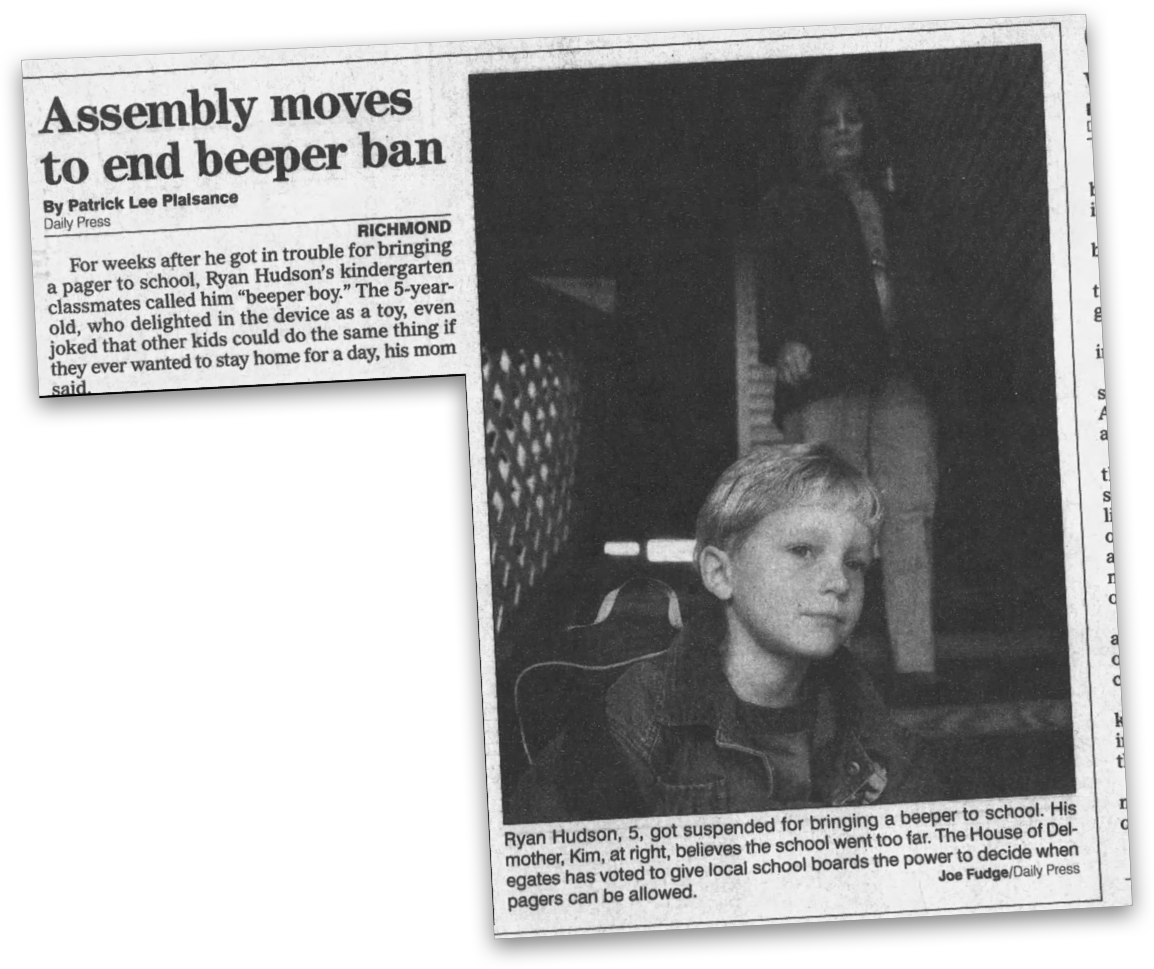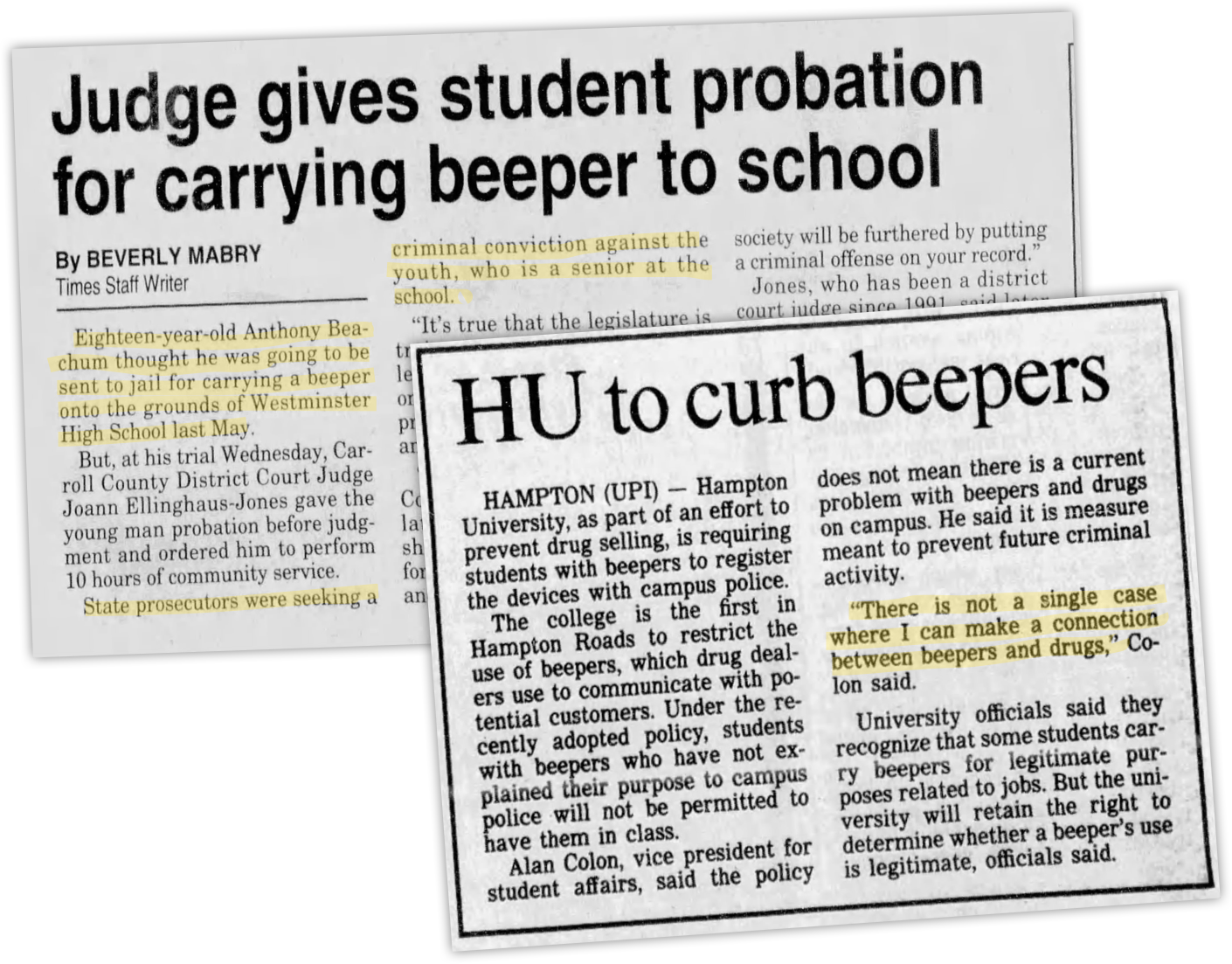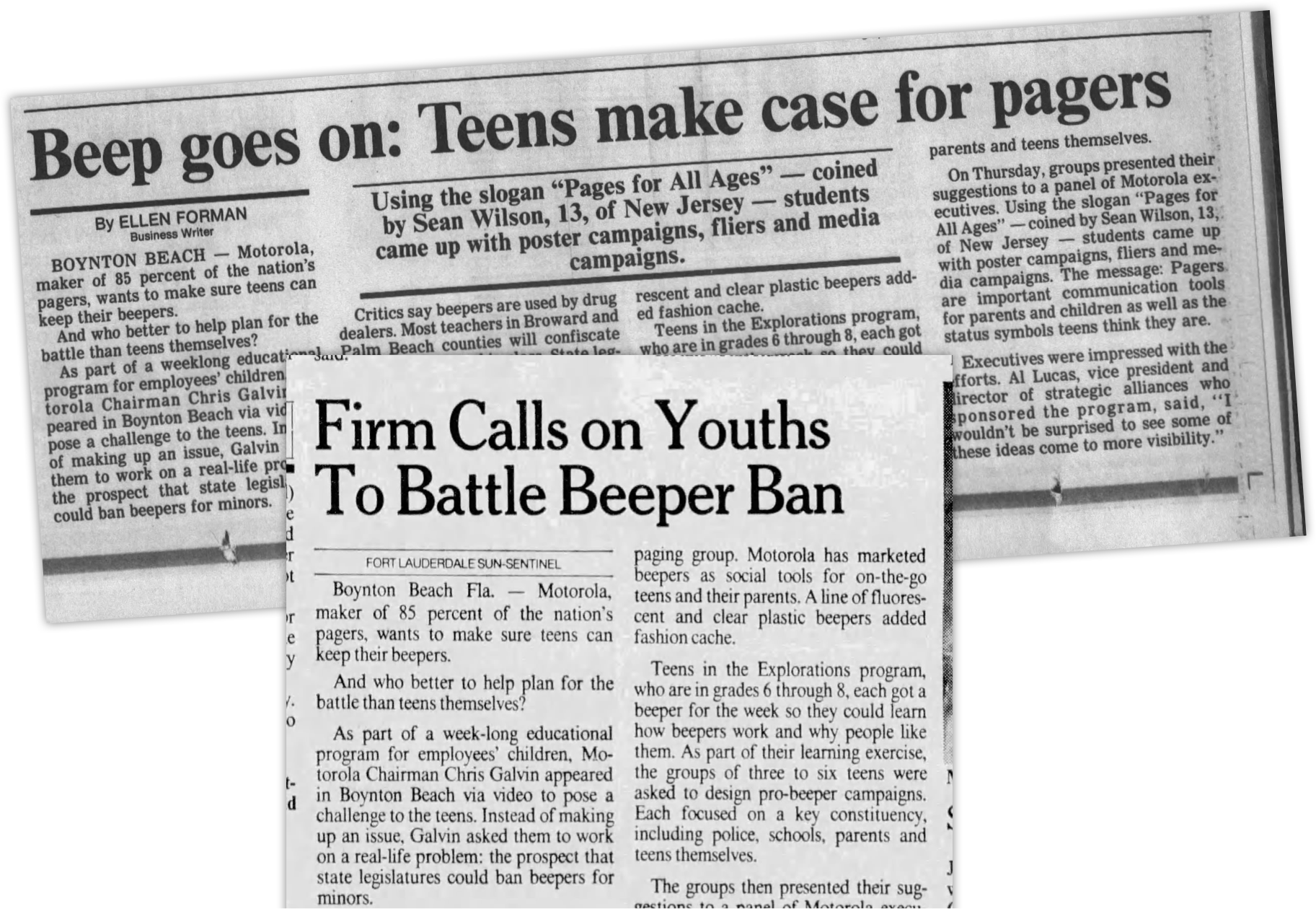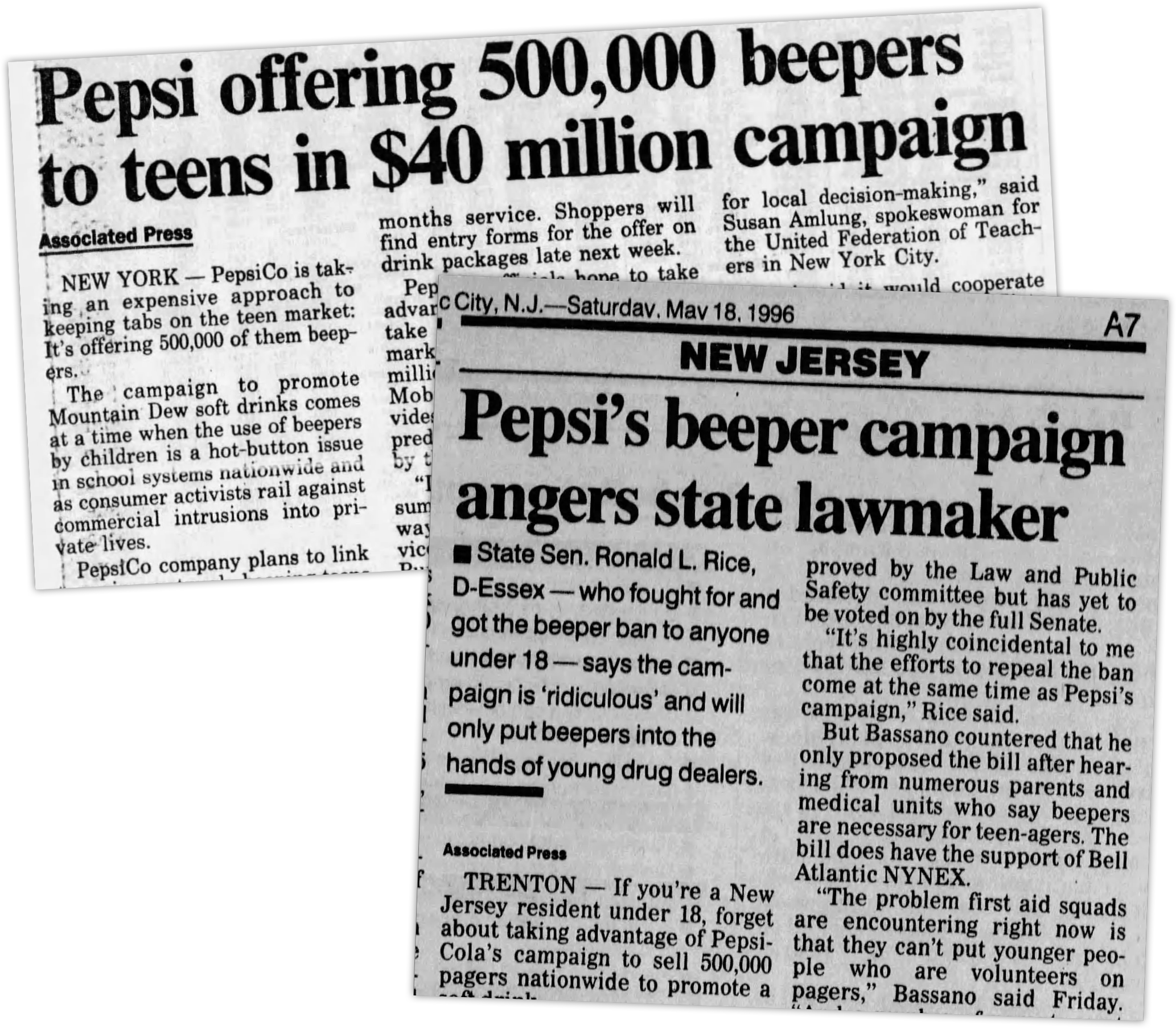Since 2000, global hunger has been reduced by a quarter, child mortality by half and extreme poverty by no less than 70 percent, despite the devastating effects of the pandemic and a worldwide lockdown. Clearly, global capitalism has delivered – at least compared to every other era of human history.
And yet, influential groups of populists and authoritarians of the Left and Right declare that the world is a mess and that we need strongmen to take control.
If we make such amazing progress, why do we feel so uncomfortable with it and sometimes tear it all down? The answer lies in our double nature. We are open – and we are closed. We are traders, curious and adventurous and willing to cooperate for mutual benefit, but we are also tribalists, suspicious and hostile, and quick to divide the world into us and them and treat the world as a zero-sum game.
Let’s start with the first one, the trader within. How did Homo sapiens come to conquer the planet? For the answer, look into a mirror. You will notice the white of your eyes – the sclera, surrounding the dark cornea. It doesn’t look strange to you, but it is in fact remarkable. Our ape cousins and other mammals have dark eyes, hiding their cornea. Chimpanzees, for example, are primarily rivals. If they notice something interesting, like a potential prey, they want to hide their attention, so that none of their friends see it, and steal their tasty snack.
Why are humans different? Why would you ever want to broadcast your attention to others, and risk losing your first mover advantage? Because humans came to inhabit the cooperative niche. By sharing attention and intention, we could cooperate, hunting together, or protecting ourselves against predators by surrounding it and throwing stones at it.
We might not be particularly strong or fast, compared to other animals, we can’t fly and we’re bad at swimming, and we have no claws and natural armor. But we have something else that gives us an overwhelming advantage: we have each other, and advanced language and an oversized brain to keep track of social relations.
This made all the difference. We did not just advance through genetic evolution anymore, but also through cultural evolution. If someone came up with a new way of doing things, we could quickly imitate it.
Man is a trader by nature. We constantly exchange know-how, favors and goods with others, so that we can accomplish more than we would if we were limited to our own talents and experiences. And the bigger the population, the greater the chance that one of them will stumble onto a better way of doing things, and the more people can benefit from that.
This is why progress is related to the number of people who are connected and have a certain freedom to innovate and imitate. The sudden development of sophisticated tool-making, art and culture in western Eurasia about 45,000 years ago can be explained by population density. At last this region had enough people sufficiently close to regularly transfer skills and knowledge between groups.
And in fact, researchers have found that similar ‘modern’ human behavior appeared on other continents when the population density was similar. So it’s not our genes that explains our abilities and our progress, it’s our proximity to more genes belonging to other people. Isolated populations, because they lived on far away islands and in mountain terrain, or because they were shut off by nativist rulers, failed to make this progress.
There have been many golden eras in history and even though many have tried, they can’t be explained with reference to particular ethnicities or religions. They have appeared in all sorts of cultures, pagan Rome, the Muslim Abbasid Califate, Confucian Song China, Catholic Renaissance Italy and the Calvinist Dutch Republic. Instead, the common element is that they were relatively open to new ideas, people, technologies and business models, wherever they come from.
Openness is often presented as something warm and fuzzy, as some sort of generosity. In reality, it is long-term self-interest. It is about not limiting yourself to the resources that happen to be close at hand.
Even the most brutal empires could only survive because they were outward-looking. The French Enlightenment thinker Montesquieu explained the long-lasting Roman Empire with its openness: “the main reason for the Romans becoming masters of the world was that, having fought successively against all peoples, they always gave up their own practices as soon as they found better ones.”
This even goes for a vicious warlord as Genghis Khan, who imposed long-distance trade, religious freedom and meritocracy within his Mongol Empire. Writing about the Mongols, historian Jack Weatherford writes: “Because they had no system of their own to impose on their subjects, they were willing to adopt and combine systems from everywhere”.
When open minds and open exchange come together for a sustained period of time and is protected through rule of law, the result is an accumulation of knowledge that facilitates new discoveries, and innovations that make new innovation possible. If this positive circle is not cut short by authorities or disasters, the result is a quantum leap in technology and living standards.
This is what happened after the Enlightenment and the Industrial Revolution, which were possible only because Europe was more fragmented, by geographical accident and through conflicting churches and courts. Just like rulers on other continents, Europe’s rulers felt threatened by innovations and discoveries, but in Europe innovators and freethinkers could often flee to a neighboring country, independent city or university.
Hobbes wrote Leviathan while exiled in Paris, and Locke wrote his major works as a refugee in Amsterdam. The Dutch natural law thinker Hugo Grotius escaped from the Netherlands to Paris to be able to write in freedom. The French philosopher Descartes moved in the opposite direction, for the same reason. Voltaire settled down in Ferney in 1758, right by the Swiss border, to facilitate an easy escape if he angered French authorities, but just outside of Geneva in order to avoid a Calvinist ban on theatrical performances.
And the innovators and entrepreneurs enriched the places they came to, so even authoritarian princes and kings learned that they had to relax some of their authority, not to lose out in the competition.
The eventual result was what Deirdre McCloskey calls “the Great Enrichment”. Between 1820 and 2020, average incomes in the most advanced countries increased by around 3,000 percent. Globally, life expectancy increased from 30 to more than 72 years. Extreme poverty declined from almost 90 percent to 9 percent today.
The trader within us triumphed, and that is the good news. However, there is also bad news – and the example of Genghis Khan gave it away: we developed this amazing ability to cooperate harmoniously in order to kill and steal.
When are ancestors had learned how to surround predators on the savannah and kill them with stones, humanity rapidly climbed to the top of the food chain. No one could ever threaten us again – except other groups that cooperated even better.
Our early ancestors lived in a dangerous world, always conscious of the fact that another band could threaten their survival. Even though they also met, partnered with and traded with other groups they had to be constantly suspicious. Any sign that an outsider had a bad intent had to override any other interest in them.
And since cooperation within the group is a short-term sacrifice for a greater long-term benefit, our ancestors also had to be suspicious about anyone who did not help out, but wanted to share the spoils.
These two fundamental facts made it urgent for humans to separate us – the cooperative whom we can trust – and them – the free riders or raiders whom we have to defeat.
Historically this tribal instinct functioned as a fire alarm. Fire alarms are designed to be oversensitive, since it is better to have a couple of false alarms than to miss a fire that can kill you. Therefore, we are oversensitive to outsiders. If there is as cue telling us that they belong to another group, or are not loyal to us, our collectivist alarm bells ring, especially when we are frightened.
Psychological experiments reveal that we become loyal to arbitrary groups almost instantly. In one study, students were shown paintings by Wassily Kandinsky and Paul Klee, asked to express their preferences, and then they were divided into groups supposedly based on those preferences. When a “Kandinsky student” was asked to allocate rewards to strangers anonymously, he preferred other Kandinskys to Klees, even though he had never met them and would never meet them again.
But it wasn’t just some sort of group egoism based on a trivial similarity. The students wanted to create as large a difference as possible between members of the two groups, even if it meant a lower reward for the members of their own group. The subjects didn’t want to maximize the gain of the ingroup, they wanted to beat the outgroup as much as possible. And we actually find the same result even if we devise groups where members were aware that the grouping was completely randomized.
The simple fact of thinking of people as members of a group activates something within us that wants ‘us’ to beat ‘them’. And that makes perfect sense when you consider that our tribalism evolved during a more dangerous period when beating the outgroup was more important to our survival than slow, steady progress.
This tendency is sometimes referred to as Vladimir’s choice, after an Eastern European fable. God appears before Vladimir, a poor peasant farmer, and tells him he will grant him one wish. Before Vladimir chooses, God adds a caveat: “Anything I give to you will be granted to your neighbor Ivan, twice over.” Vladimir frowns, contemplates, and suddenly lights up as he concocts the perfect plan: “OK, take out one of my eyes.”
This is also why this tendency is the strongest when we feel threatened. Then we feel the need to blend into the group and to get the protection of the leader. In fact, just watching a horror movie make people express more conformist and collectivist attitudes afterwards. When experimenters induce disgust in test persons, for example by showing them disturbing photos, they express more socially conservative attitudes to immigration, gender roles and gay rights and at the same time more leftist views economically, more hostility to free markets and more demand for redistribution.
Historically, societies have often abandoned openness in times of trouble, be it a depression, natural disaster or a pandemic. It triggers a kind of societal fight-or-flight instinct, which makes us want to pick fights against scapegoats and other countries or hide behind a stone, a wall or a tariff barrier.
And that is how most open civilizations collapsed. In times of trouble, they lost cultural self-confidence and began to fear the world. Just like Vladimir in the story, they stuck out one eye – through tariffs, conflict or war – in the hope that the neighbor would lose two eyes.
We don’t act like this individually, of course, which is why Vladimir’s choice seems so comical. But we do collectively when we frame situations in terms of rival groups – rich and poor, young and old, Catholics and protestants, natives and immigrants. It triggers the tribalist within. Then we suddenly prefer maximum difference to maximum profit.
Openness has been the greatest blessing of mankind, and it will continue to provide us with new sources of wealth and technology, if we let it, including the solution to climate change and curing disease. But it feels uncomfortable.
Think about it. If Homo sapiens’ 300,000 years were condensed into a 24-hour day, the 200 years when almost everything happened would be the last minute. The best minute ever. This is the astonishing minute where our safety, health, wealth and technology come from. But these 60 seconds are, however, not where our brains and our instincts and attitudes come from. Those emerged during the previous 86,400 seconds. And of course, our prehistory is much, much longer than 300,000 years.
Openness has allowed a kind of life that our old and more tribal selves have a hard time comprehending. During some 99.9 per cent of our species’ existence, individual human beings did not experience much progress, innovations and economic growth that could lift most groups simultaneously. It was, in most cases, a zero-sum game between most groups: someone’s gain was another one’s loss. More for you meant less for me.
If our minds developed during such circumstances, it is no wonder that our minds are adapted to them. So if someone is successful today we become suspicious and think that they took it from us. When foreigners or other nations make progress, we assume that they have somehow deceived us through distorted trade relationships. It doesn’t matter that we now have widespread economic growth to raise (almost) all boats, and free trade so no deal ever happens unless both sides think that they benefit. It just feels like the 1%, the elite, the migrants, or foreign exporters are the only ones who benefit. And it is easy for demagogues to exploit it.
So backlashes against openness are bound to appear regularly, they always did and they always will. History does not repeat itself, but human nature does. This doesn’t mean there is no hope for openness. We have a lot of pre-wiring psychologically, but being pre-wired is not the same as being hard-wired. We also crave energy-rich foods, and just like this fear of strangers becomes problematic in a world where they are all around us, it is bad for our health to be constantly peckish in a world where food is everywhere. But we don’t have to eat it all. We can learn about nutrition and health, we can adapt principles of when, what and how much to eat, and we can get some exercise.
In the same way, we can remind ourselves about the reasons why tribal temptations are the default, and about how inapplicable they are to modern life. We can study history and learn that the good old days aren’t there, and about how openness, not authoritarian leaders created human progress. We can study economics and learn that the world is not zero-sum. And we can learn about our default psychologies that tempt us to gloss over such facts. We can choose to apply our knowledge to create institutions that make positive-sum outcomes possible, and we can inform ourselves about how previous civilizations were lost because people didn’t do this.
And we have to do it, again and again. Because as Mario Vargas Llosa has warned us, we can never decisively win the battle against the tribe – but we can lose it.



